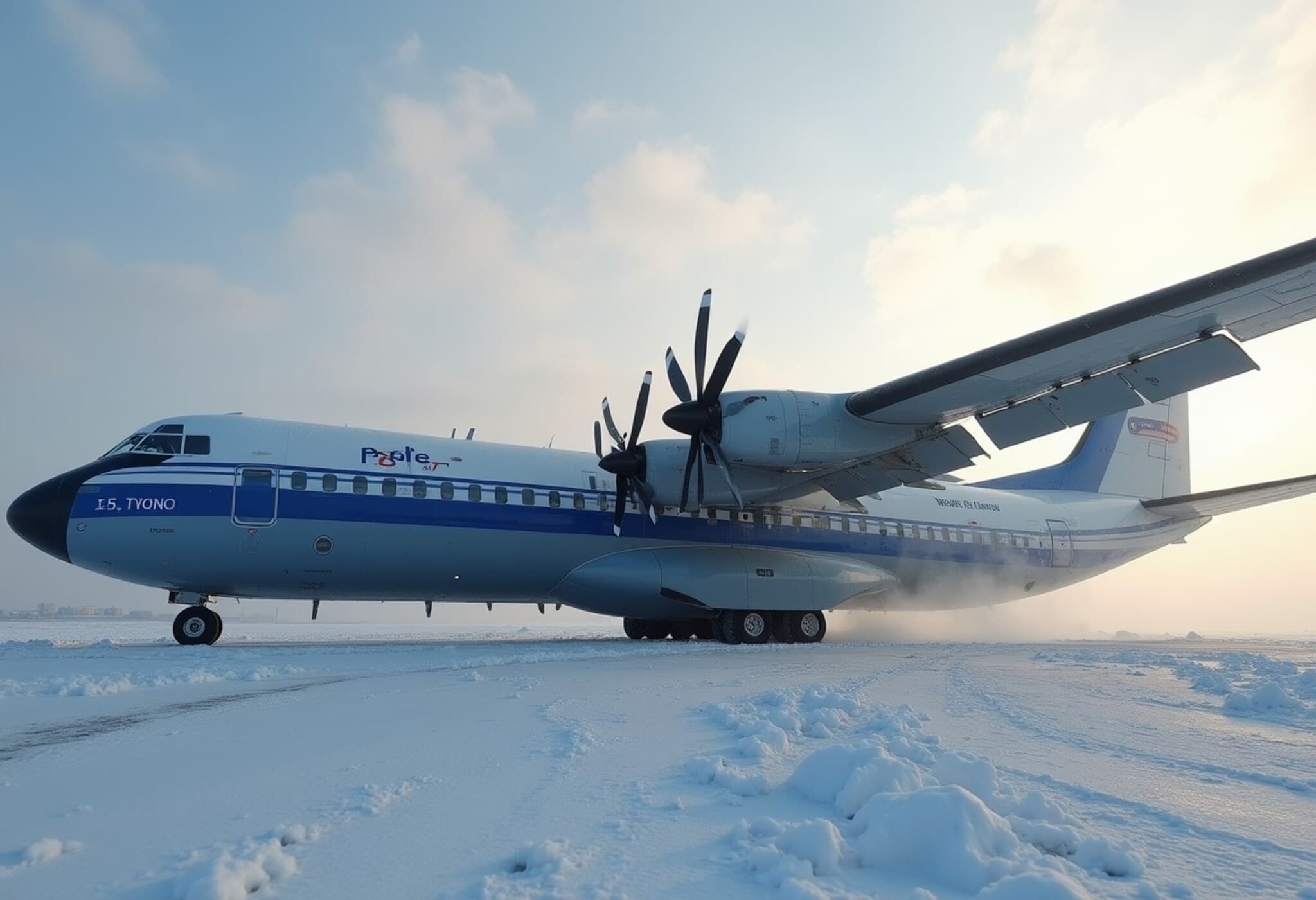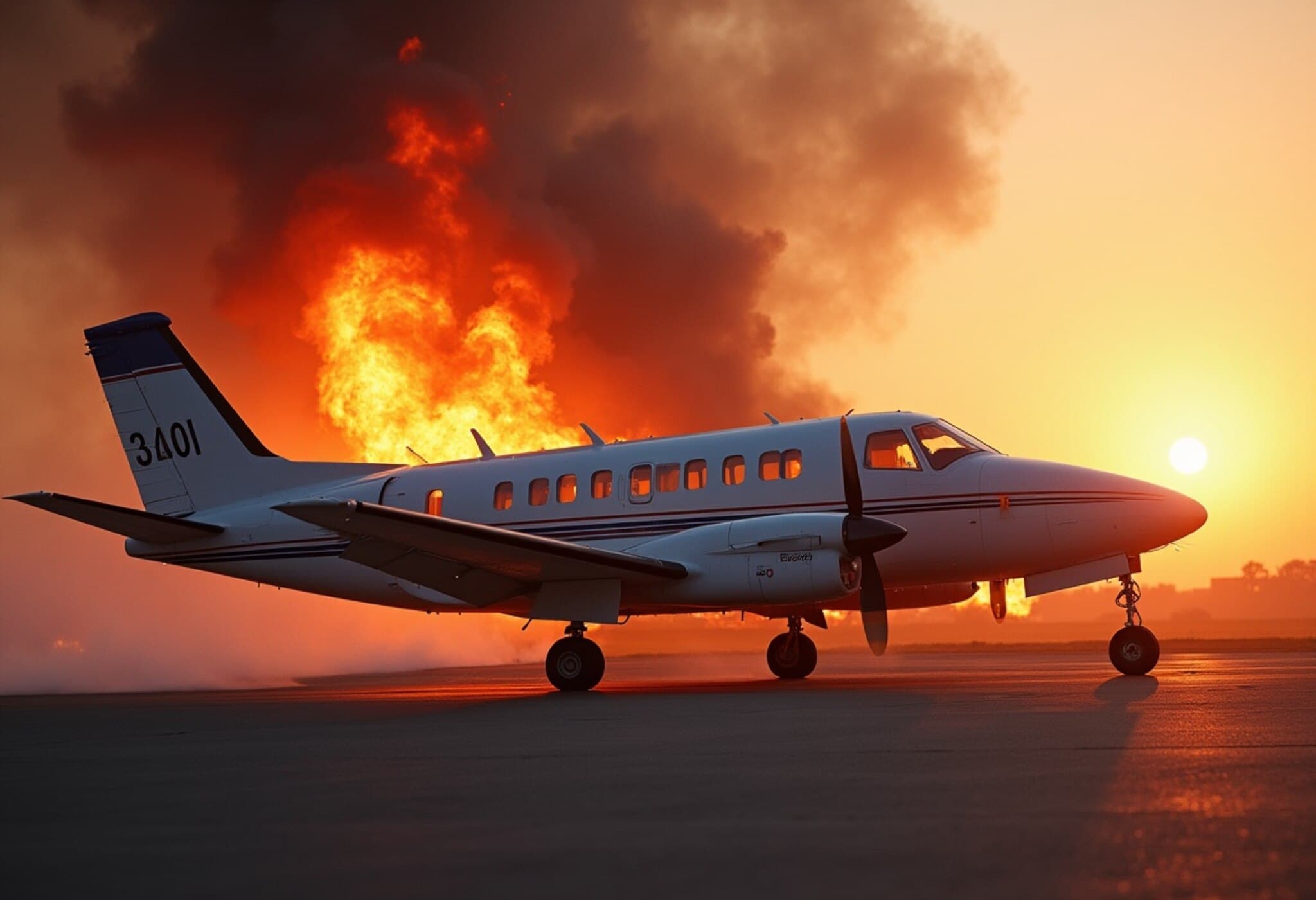Global Pilots’ Federation Cautions Against Speculation in Air India Crash Investigation
In the aftermath of the tragic Air India Boeing 787-8 crash that claimed 260 lives on June 12, the International Federation of Air Line Pilots’ Associations (IFALPA) has stepped forward to emphasize caution and professionalism. The federation, representing over 100,000 pilots worldwide, warned that the recently released preliminary report by India’s Aircraft Accident Investigation Bureau (AAIB) raises more questions than answers and urged all stakeholders to refrain from premature conclusions.
What the Preliminary Report Reveals
The AAIB’s 15-page initial report sheds light on a critical event in the moments after takeoff from Ahmedabad to London Gatwick. According to cockpit voice recordings, the fuel supply switches for both engines were abruptly cut off within a split second of each other, causing confusion inside the cockpit. One pilot questioned why the shutdown occurred, while the other pilot denied having flipped the switches.
This sudden and simultaneous fuel cutoff remains unexplained in the preliminary findings, and no safety recommendations have been issued at this stage. The AAIB stresses that their investigation is ongoing, focused on piecing together facts rather than assigning blame.
Global Pilots’ Union: Preliminary Findings Should Not Drive Speculation
IFALPA’s spokesperson highlighted that preliminary reports are intended as transparent communication tools during the early phases of complex investigations. “They contain raw data and progress updates but often lack context and definitive conclusions,” the federation noted in a July 14 statement.
They cautioned against interpreting incomplete information as evidence of pilot error — a narrative that has surfaced in some quarters following the report’s release. Such speculation can hinder the scientific rigor of the investigation and unfairly tarnish pilot reputations.
Indian Pilots Associations Echo Call for Fair and Fact-Based Inquiry
Domestically, the Airline Pilots’ Association of India (ALPA), a member body under IFALPA, expressed apprehension over a perceived bias toward pilot error in the early tone of the probe. In alignment with IFALPA’s stance, ALPA advocates for a dispassionate, evidence-driven approach.
Moreover, two key Air India pilot unions representing narrow-body and wide-body aircraft pilots—the Indian Commercial Pilots Association (ICPA) and the Indian Pilots Guild (IPG)—have also joined calls to avoid premature judgments based on the fragmentary preliminary report.
Why Responsible Reporting and Public Patience Matter
- Accident investigations are intricate: They involve meticulous data analysis, including flight data recorders, engineering assessments, and human factors evaluation.
- Early reports lack context: They are reflective snapshots, often incomplete and raw without final conclusions.
- Speculation can cause harm: False narratives may unfairly damage pilot reputations and cause distress to victim families.
- Transparency remains essential: Authorities should communicate findings promptly but with clarity on limitations.
Expert Insight: The Importance of a Holistic Investigation
Accident analysts emphasize that crashes seldom result from a single cause. Rather, they stem from a chain of events involving mechanical issues, environmental factors, and human decisions. Experts remind the public and media alike that aviation safety advances precisely because investigators resist surface-level conclusions and instead seek multi-dimensional understanding.
In the U.S., the National Transportation Safety Board (NTSB) exemplifies this careful, methodical approach—carefully balancing technical data with human factors to prevent future tragedies.
Conclusion: A Call for Patience and Professionalism
The Air India 171 catastrophe is a painful reminder of aviation risks and the profound responsibilities borne by pilots and investigators. IFALPA’s appeal to respect the investigative process reinforces the need for restraint and empathy. As families mourn, the global aviation community stands united in seeking truth without rushing to judgment.
Editor’s Note:
This preliminary report marks only an initial milestone in understanding a horrific tragedy. It surfaces crucial questions about cockpit procedures and system safeguards but leaves many unanswered. How could fuel shutoff switches simultaneously disengage moments after takeoff? What safeguards exist to prevent such confusion? The investigation’s progress will hold important lessons for global aviation safety and pilot training programs.
Until the complete facts emerge, all voices—media, official bodies, and the public—must champion patience, empathy, and scientific rigor. The families of the victims deserve nothing less.



















